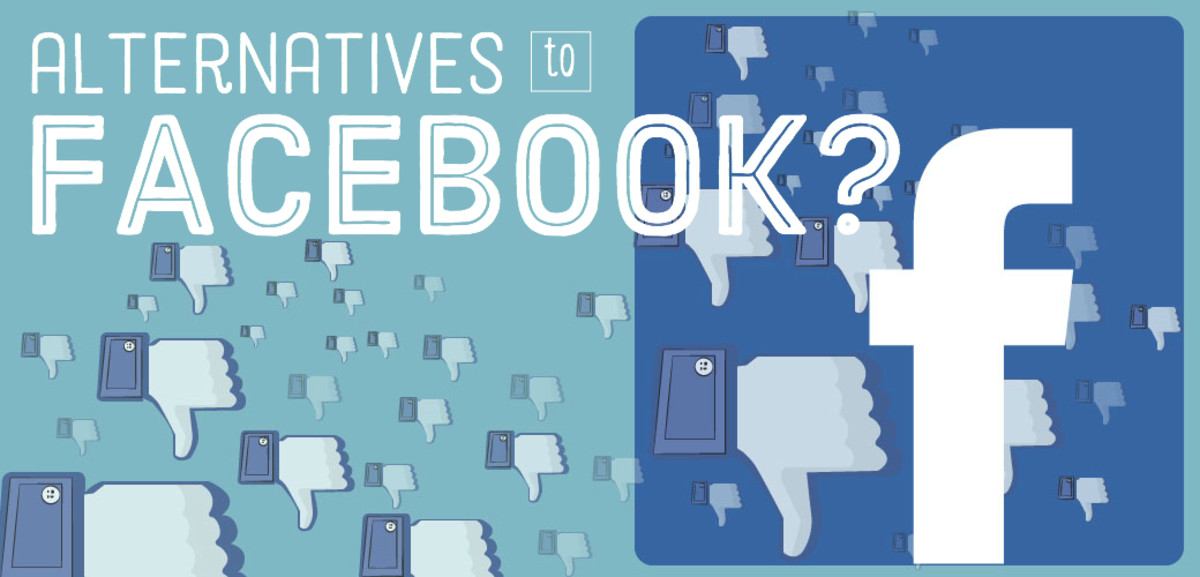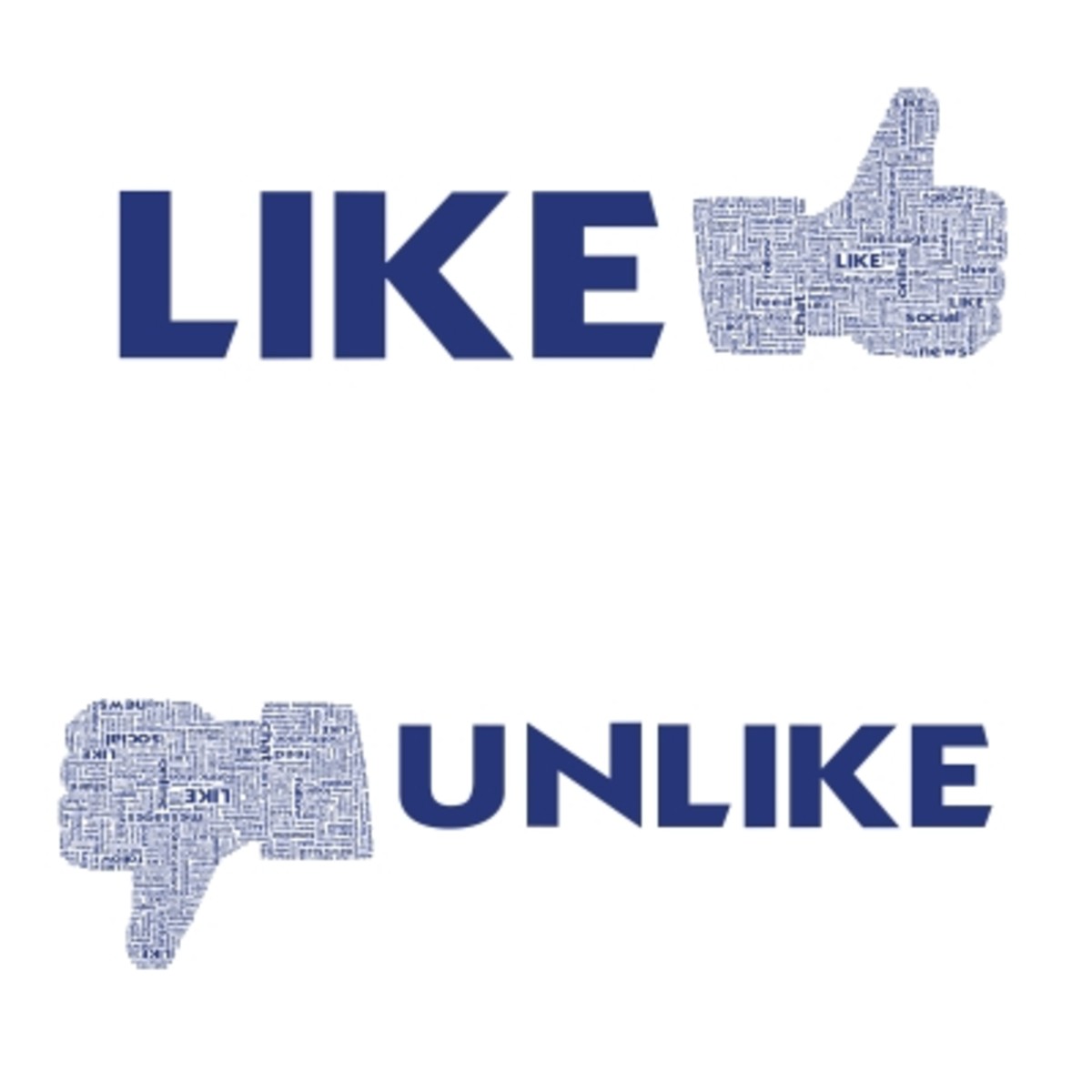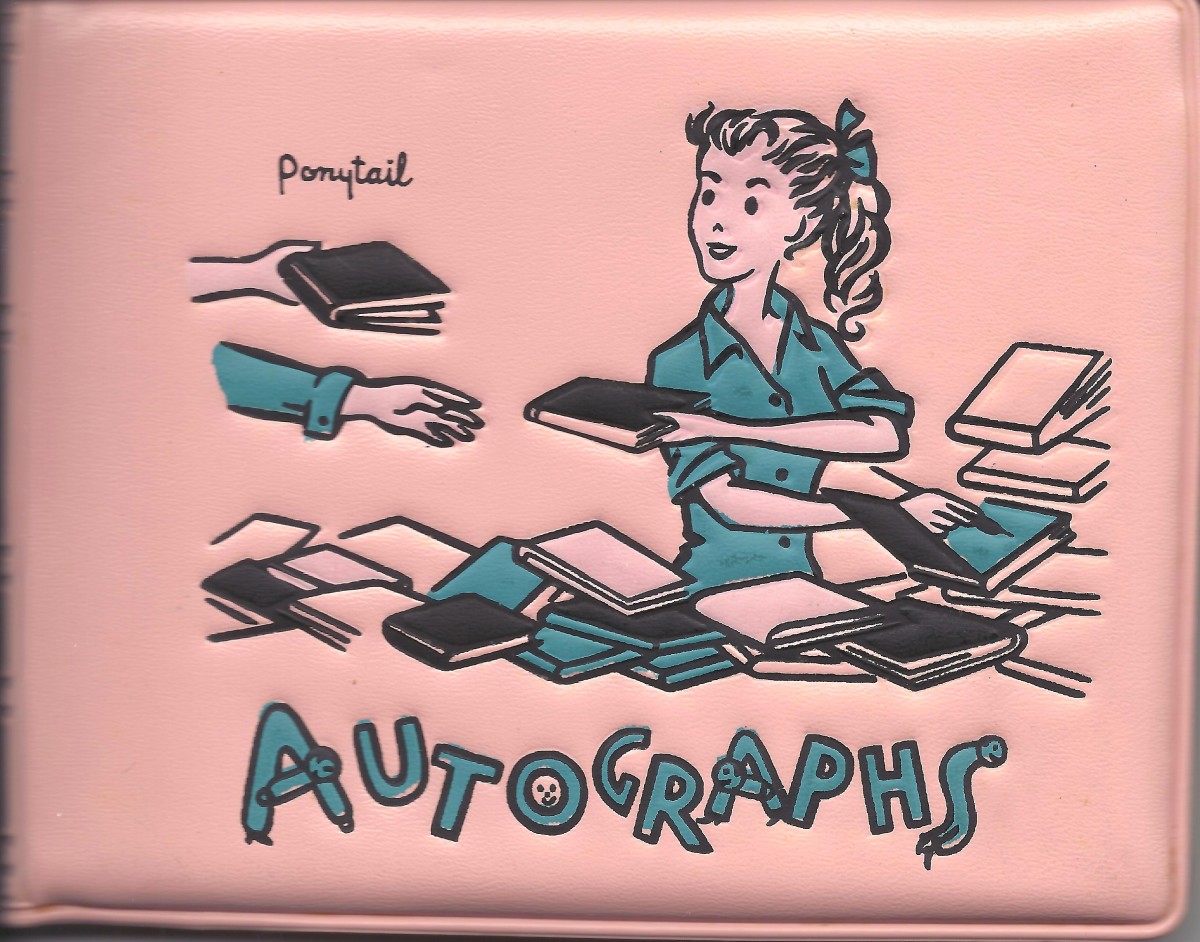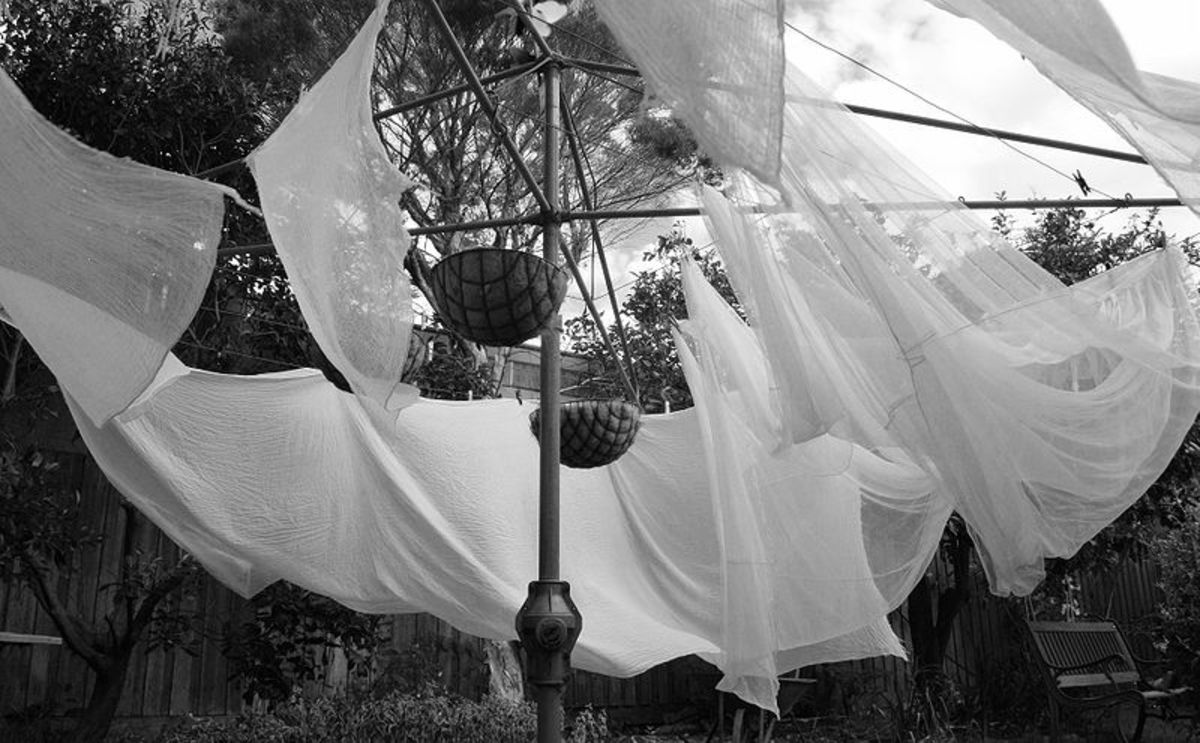Parents turn to Social Media to vent frustrations about their children's schools
Parents that turn to Social Media sites such as Facebook to vent their frustrations about their children's schools might find themselves in trouble, but is this truly justified?
According to one school liaison officer based in South Wales, any form of negative feedback written in a public place about a school is inciting people to comment and therefore "Trolling" and deemed a criminal offence.
But surely it's just freedom of speech? There's a massive difference between telling the truth, which may show the school in a negative light, and making up lies or harassing teachers.
A teacher is a public servant, so it's no different to having a whinge about your local police force letting you down or medical neglect. Why is it so different when it comes to schools? Why do they feel they have the power and authority to silence you Online when bringing up their shortfalls as a school?

Trolling? Yes or No?
Now, any (negative) comments posted on any Social Networking websites about a school will be deemed as "Trolling" under new guidelines.
What is a troll...
"A troll is a person who sows discord on the Internet by starting arguments or upsetting people, by posting inflammatory, extraneous, or off-topic messages in an online community (such as a forum, chat room, or blog), either accidentally or with the deliberate intent of provoking readers into an emotional response or of otherwise disrupting normal on-topic discussion"
So that said the general feeling is that comments made in the public domain are not the work of idle trolls, but real parents who have a legitimate grievance which has not been dealt with adequately (to them) by the school. They are not slating the school for no good reason and have probably reached the end of their tethers.
These comments are usually to do with the parents own child and simply can't be construed as 'off-topic'.
Personal profiles are 'public forums'.
Should personal Facebook profiles be classed as "Public forums"?
There is a lot of speculation at the moment regarding posts on famous Social Networking sites such as Facebook,
Facebook spokespeople have made clear that "Facebook is a public forum and all information published on the site should be presumed available to the general public, school administrators included. Legal experts agree that public information sources such as Facebook can be legally used in criminal or other investigations"
But criminal cases have been won arguing that if the posts are restricted to 'friends' only then this information is not public as the user chooses his/her friends they wish to share the information with. Just the same as having a moan when at a pub or in a coffee shop, which is perfectly legal.

Why do parents vent on Social Networking websites?
Why air your dirty laundry?
Sometimes parents have exhausted all avenues, particularly when it comes to a child being bullied in school and find themselves at a loss as to where to turn next. Posting a comment on a Social networking website can give you:
- Help to cope.
- Ideas.
- Strength to get through.
- Emotional support from others who have been in the same situation.
- Knowledge - Sometimes one simple post can make you aware that your school may just have a more widespread problem.
- Back up - This is the one thing that comes up time and time again, people feel they are outnumbered by the teachers.
As a parent to know you or your child is not the only one that may have had the same or similar problems can be a massive weight off your shoulders.
A lot of people are embarrassed about their encounters with schools and that's why posts on the Social Networking websites usually get so much attention. If you have a few other parents in your friends list there is always many more who have had to deal with the same problems, it's often very surprising the amount of people that do come forward once someone has had the courage to get the ball rolling.
Should parents be allowed to have 'freedom of speech' when it comes to their children's schools?
Grey areas...
As with any debate there are always grey areas, obviously any kind of threats or untruths should never be made publicly or in private.
Teachers are human and do make mistakes, it's the way things get handled that get's parents knickers in a twist. Often if complaints were dealt with quickly and efficiently in the first place people wouldn't need to turn to social media for help.
Schools strategies seem to be divide and conquer! They prefer individuals to come to the school and get things resolved under the radar (as do most businesses and associations) but why do schools in particular seem to have the power to silence?
The Communications Act of 2003 Section 127 -
A person is guilty of an offence if he—
(a)sends by means of a public electronic communications network a message or other matter that is grossly offensive or of an indecent, obscene or menacing character; or
(b)causes any such message or matter to be so sent.
This is the act that law officials and schools will read you but again this can have so many variables that it's hard for people to understand if they truly have committed a crime.

Are school complaints procedures good enough?
All local education authority maintained schools in England and Wales have (by law) a formal complaints procedure.
Firstly ask the school for a copy of its complaints procedure. The complaint is likely to be dealt with, initially, by the head teacher or another designated member of staff. If your still feel the complaint hasn't been dealt with to your satisfaction you can then write to the school's governors.
That seems to be the final step, but what if you want something to be done quicker, why does it seem so hard to complain?
What if the head IS the person you're complaining about? People often feel they will just be stone walled and are afraid that the teaches will use their standing in the community to win these battles, not all parents are as educated as the teachers they sometimes need to fight against.
Parents often feel that teachers talk down to them or belittle them. Often referring to teachers talking to them as if they were pupils.
Some feel there should be an easier and more efficient way of complaining that isn't all kept 'hush hush' inside the school. Some sort of independent company would be better where parents could even remain anonymous. They could then asses the volumes of complaints regarding certain matters and where needed address them to the schools as an independent body speaking for the parents. Parents need someone they can trust.

NAHT guidelines
According to the 'National Association of Head Teachers' (NAHT)
"There are circumstances in which police involvement is appropriate. These include where postings have a racist element or where violence is threatened or encouraged".
Content critical of the leadership and management of the school but not personally abusive:
NAHT guidance in this instance is to contact those responsible for the postings inviting them to address any legitimate concerns about the school via the appropriate and established channels, eg the complaints procedure. It may well be appropriate for the Chair of Governors to consider the matter in the same way as if the comments were made in a face-to-face context.
It has been reported that schools have sent letters home, involved police liaison officers and threatened legal action when it's completely unjustified. Just because a school has been exposed doesn't automatically mean you're in the wrong or should be treated as such.







